#flawless
Text

this image from the trailer for the new Disney Beach Boys documentary gdhsjgghjkshds I'M SCREAMING
40 notes
·
View notes
Text
1K notes
·
View notes
Photo
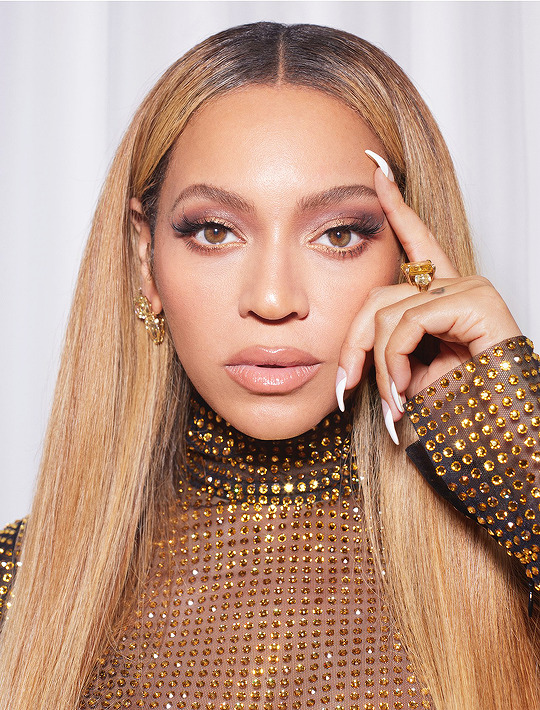
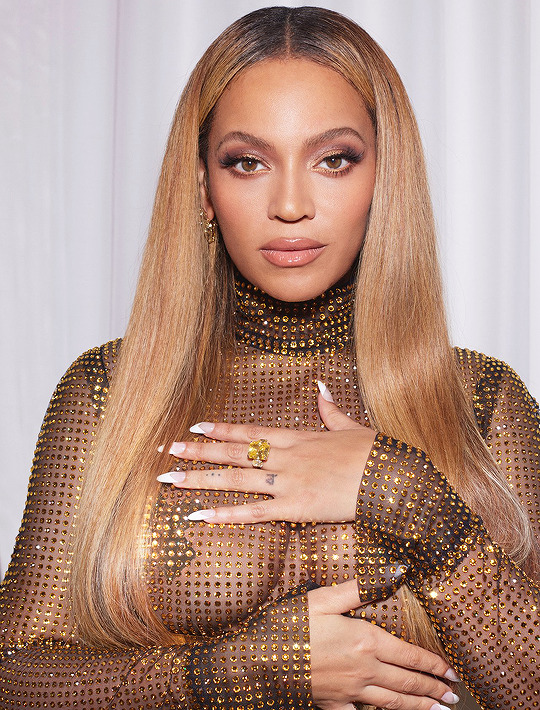
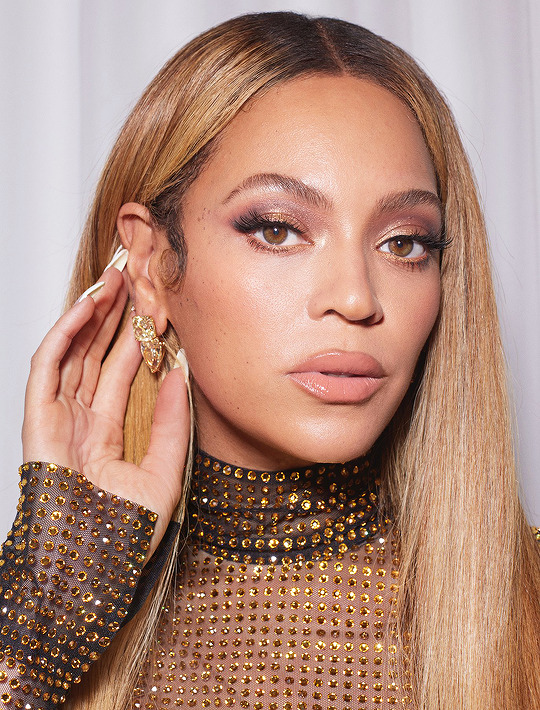
Gold Party (2023)
#beyonce#Beyoncé#edit#by milla#femaledaily#dailywomen#dailymusicqueens#dailywoc#wonderfulwoc#userbbelcher#chewieblog#flawlessbeautyqueens#userbernd#Flawless#ladiesblr
7K notes
·
View notes
Text
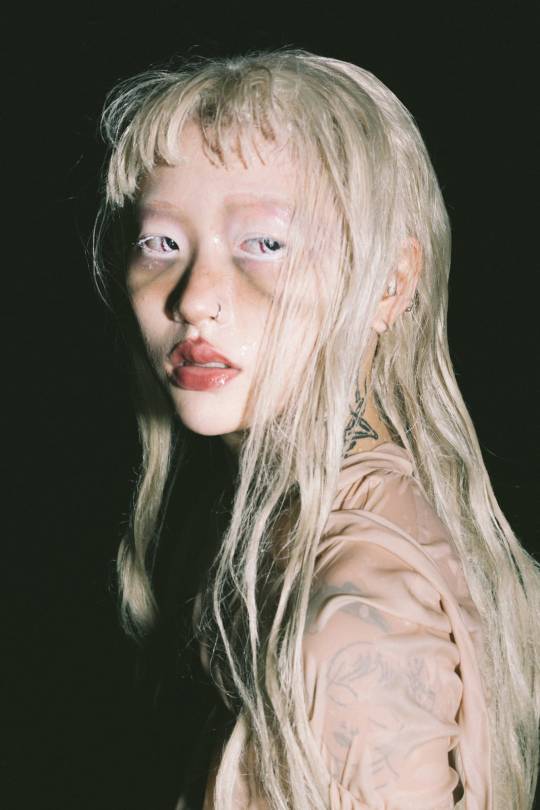

Yeule by Wanjie Li (2021)
1K notes
·
View notes
Text

Jenna Ortega
293 notes
·
View notes
Text
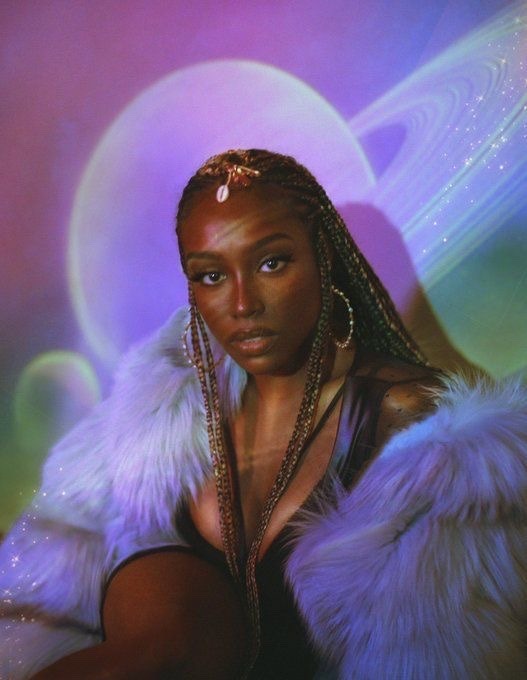
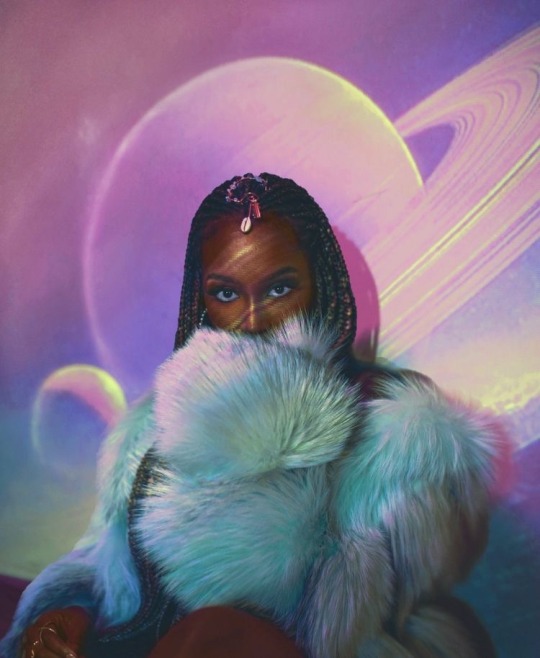
@scottiebeam 💫 💜 💖
#beauty#fashion#photography#melanin#darkskingirls#blackgirlmagic#blackgirlsarelit#makeup#aesthetic#blackgirlsrock#blackexcellence#flawless#blackgirls#darkskinbeauty#darkskin#darkskinpoppin#darkskinmagic#art#myblackisbeautiful#dark skin
4K notes
·
View notes
Text

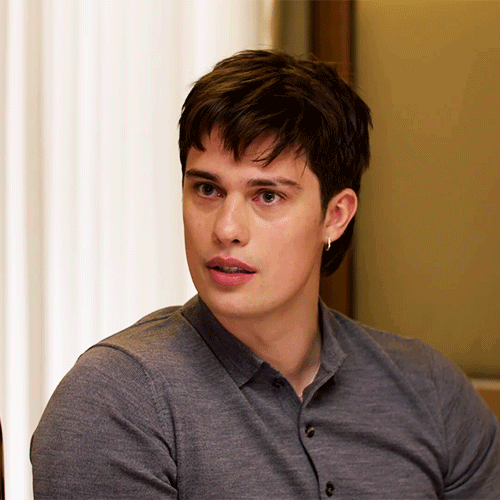

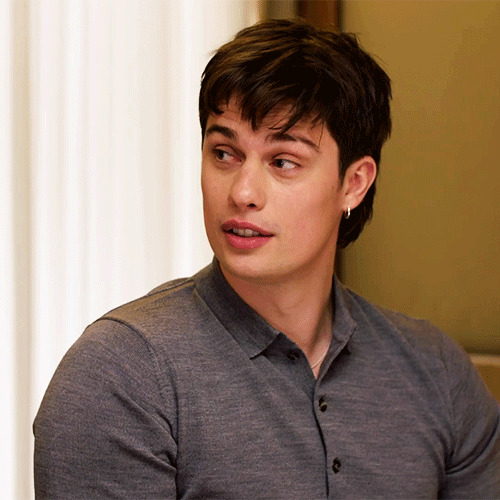




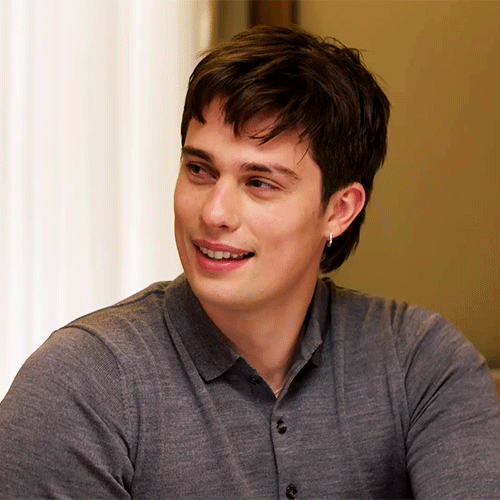



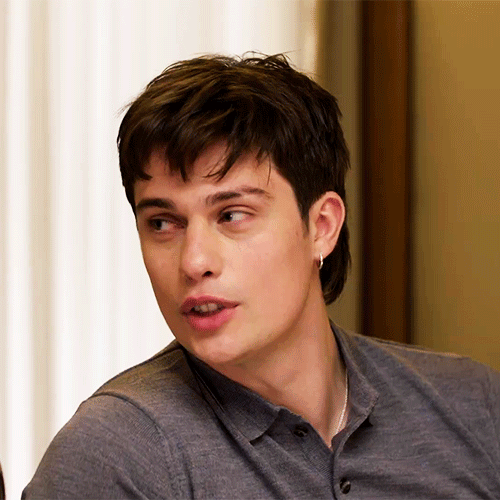
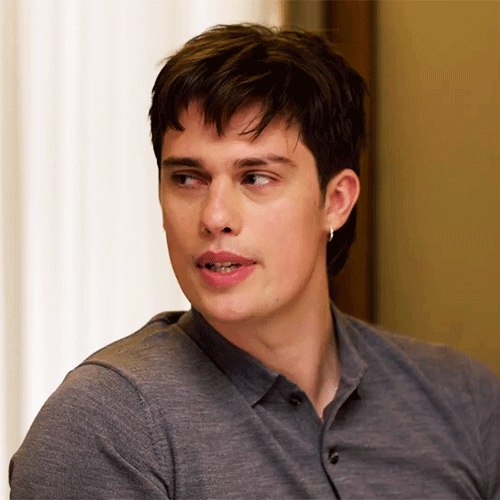

NICHOLAS GALITZINE | Take The Biscuit | Sky TV
#Nicholas Galitzine#ngalitzineedit#Mary & George#maryandgeorgeedit#mancandykings#flawlessgentlemen#actorsedit#*#I screencapped the entire 6 minutes and 55 seconds of this video#because just look at that face#FLAWLESS
137 notes
·
View notes
Text

Writer Spotlight: Elise Hu
We recently met with Elise Hu (@elisegoeseast) to discuss her illuminating title, Flawless—Lessons in Looks and Culture from the K-Beauty Capital. Elise is a journalist, podcaster, and media start-up founder. She’s the host of TED Talks Daily and host-at-large at NPR, where she spent nearly a decade as a reporter. As an international correspondent, she has reported stories from more than a dozen countries and opened NPR’s first-ever Seoul bureau in 2015. Previously, Elise helped found The Texas Tribune, a nonprofit digital start-up, after stops at many stations as a television news reporter. Her journalism work has won the national Edward R. Murrow and duPont Columbia awards, among others. An honors graduate of the University of Missouri School of Journalism, she lives in Los Angeles.
Can you begin by telling us a little bit about how Flawless came to be and what made you want to write about K-beauty?
It’s my unfinished business from my time in Seoul. Especially in the last year I spent living in Korea, I was constantly chasing the latest geopolitical headlines (namely, North Korean leader Kim Jong Un’s big moves that year). It meant I didn’t get to delve into my nagging frustrations of feeling second-class as an Asian woman in Korea and the under-reported experiences of South Korean women at the time. They were staging record-setting women’s rights rallies during my time abroad in response to a stark gender divide in Korea. It is one of the world’s most influential countries (and the 10th largest economy) and ranks shockingly low on gender equality metrics. That imbalance really shows up in what’s expected of how women should look and behave. Flawless explores the intersection of gender politics and beauty standards.
Flawless punctuates reportage with life writing, anchoring the research within your subjective context as someone who lived in the middle of it but also had an outside eye on it. Was this a conscious decision before you began writing?
I planned to have fewer of my personal stories in the book, actually. Originally, I wanted to be embedded with South Korean women and girls who would illustrate the social issues I was investigating, but I wound up being the narrative thread because of the pandemic. The lockdowns and two years of long, mandatory quarantines in South Korea meant that traveling there and staying for a while to report and build on-the-ground relationships was nearly impossible. I also have three small children in LA, so the embedding plan was scuttled real fast.
One of the central questions the book asks of globalized society at large, corporations, and various communities is, “What is beauty for?” How has your response to this question changed while producing Flawless?
I think I’ve gotten simultaneously more optimistic and cynical about it. More cynical in that the more I researched beauty, the more I understood physical beauty as a class performance—humans have long used it to get into rooms—more power in relationships, social communities, economically, or all of the above at once. And, as a class performance, those with the most resources usually have the most access to doing the work it takes (spending the money) to look the part, which is marginalizing for everyone else and keeps lower classes in a cycle of wanting and reaching. On the flip side, I’m more optimistic about what beauty is for, in that I have learned to separate beauty from appearance: I think of beauty in the way I think about love or truth, these universal—and largely spiritual—ideas that we all seek, that feed our souls. And that’s a way to frame beauty that isn’t tied in with overt consumerism or having to modify ourselves at all.
This is your first book—has anything surprised you in the publishing or publicity process for Flawless?
I was most surprised by how much I enjoyed recording my own audiobook! I felt most in flow and joyful doing that more than anything else. Each sentence I read aloud was exactly the way I heard it in my head when I wrote it, which is such a privilege to have been able to do as an author.
Do you have a favorite reaction from a reader?
I don’t know if it’s the favorite, but recency bias is a factor—I just got a DM this week from a woman writing about how the book helped put into words so much of what she felt and experienced, despite the fact she is not ethnically Korean, or in Korea, which is the setting of most of the book. It means a lot to me that reporting or art can connect us and illuminate shared experiences…in this case, learning to be more embodied and okay with however we look.
As a writer, journalist, and mother—how did you practice self-care when juggling work commitments, social life, and the creative processes of writing and editing?
I juggled by relying on my loved ones. I don’t think self-care can exist without caring for one another, and that means asking people in our circles for help. A lot of boba dates, long walks, laughter-filled phone calls, and random weekend trips really got me through the arduous project of book writing (more painful than childbirth, emotionally speaking).
What is your writing routine like, and how did the process differ from your other reporting work? Did you pick up any habits that you’ve held on to?
My book writing routine was very meandering, whereas my broadcast reporting and writing are quite linear. I have tight deadlines for news, so it’s wham, bam, and the piece is out. With the book, I had two years to turn in a manuscript. I spent the year of lockdowns in “incubation mode,” where I consumed a lot of books, white papers, articles, and some films and podcasts, just taking in a lot of ideas to see where they might collide with each other and raise questions worth reporting on, letting them swim around in the swamp of my brain. When I was ready to write, I had a freelance editor, the indefatigable Carrie Frye, break my book outline into chunks so I could focus on smaller objectives and specific deadlines. Chunking the book so it didn’t seem like such a massive undertaking helped a lot. As for the writing, I never got to do a writer’s retreat or some idyllic cabin getaway to write. I wrote in the in-between moments—a one or two hour window when I had a break from the TED conference (which I attend every year as a TED host) or in those moments after the kids’ bedtime and before my own. One good habit I got into was getting away from my computer at midday. I’m really good about making lunch dates or going for a run to break up the monotony of staring at my screen all day long.
What’s good advice you’ve received about journalism that you would pass on to anyone just starting out?
All good reporting comes from great questions. Start with a clear question you seek to answer in your story, project, or book, and stay true to it and your quest to answer it. Once you are clear on what the thing is about, you won’t risk wandering too far from your focal point.
Thanks to Elise for answering our questions! You can follow her over at @elisegoeseast and check out her book Flawless here!
#writer spotlight#elise hu#flawless#k-beauty#beauty#beauty industry#feminism#gender politics#seoul#south korea#journalism#writing advice#reportage#flawlessthebook
239 notes
·
View notes
Text
215 notes
·
View notes
Text


Once a style icon, always a style icon
#sarah jane smith mi amor#stunning then and stunning now#love her so much#statement jackets and waistcoats for the win#and her HAIR#flawless#doctor who#doctor who 60th anniversary#tardis#doctor who fandom#dr who fandom#dr who#sarah jane smith#companion#sja fandom#sja
116 notes
·
View notes
Text
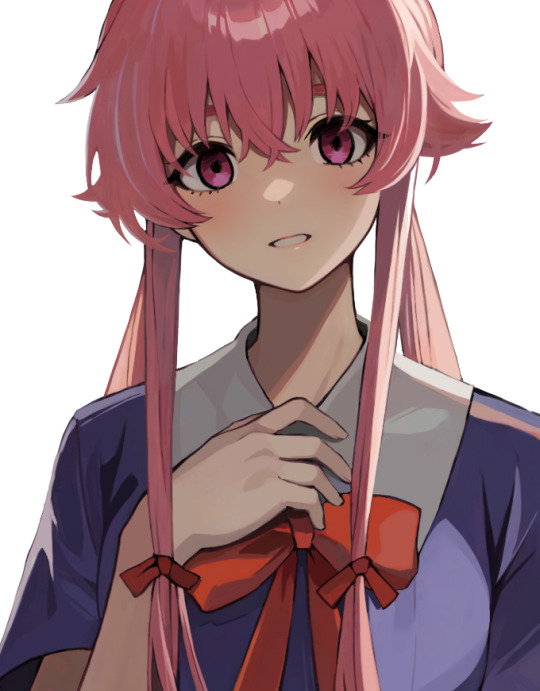
っぱヤンデレが一番いいって話 by 社畜
Permission to post granted by the artist.
#mirai nikki art#mirai nikki#yuno gasai#gasai yuno#GORGEOUS#flawless#pixiv#future diary#the future diary
124 notes
·
View notes
Text
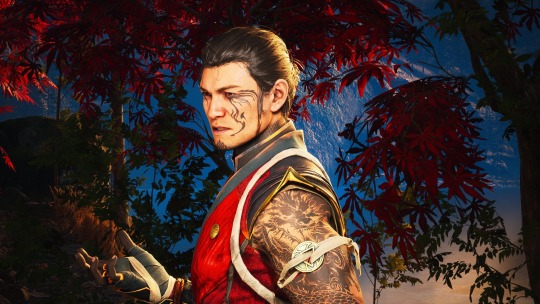
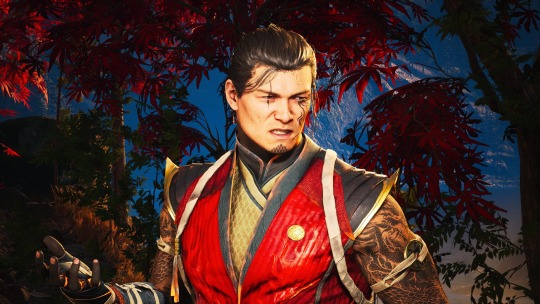
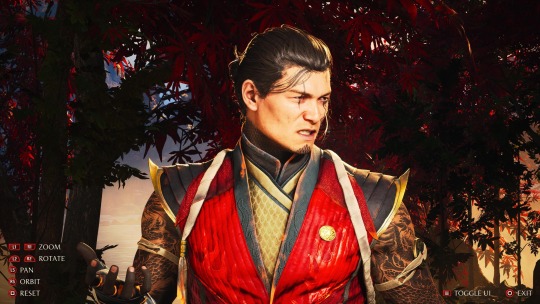


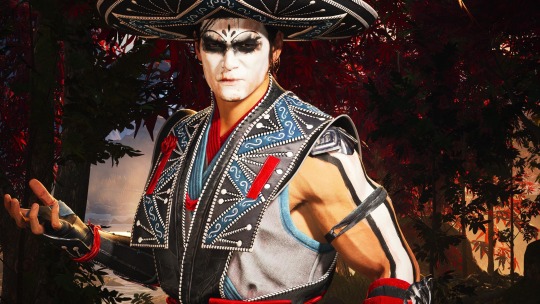

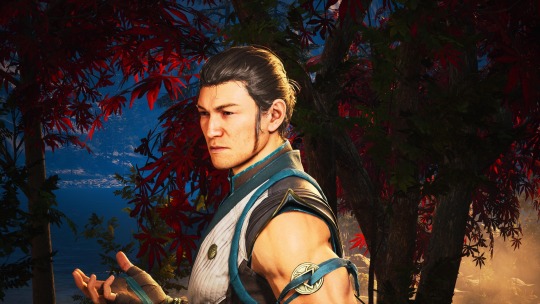
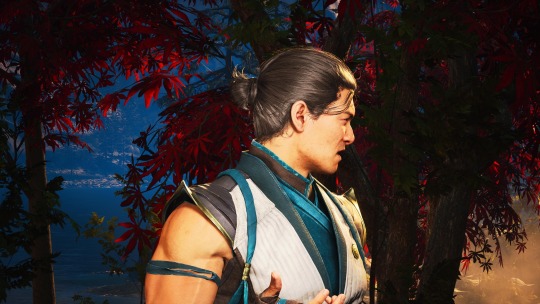
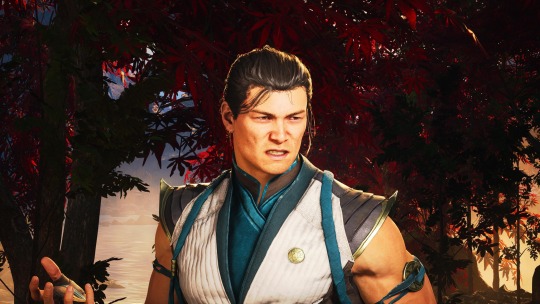
Maskless Bi-Han dump post, I love that Bi-Juan did such a crappy job with his make up lol 😂 someone please come fix it for him. Also I am so in love with full body tattoo Bi-Han 😭😭😭 someone write about him and his tattoos please or I’m going to be tonguing my screen forever
#mortal kombat#bi han#sub zero#og sub zero#mk1 2023#ps5 screenshots#photo dump#perfection#beautiful man#flawless#my baby girl
161 notes
·
View notes
Text

We’ll get ‘em next time, fellas.
Based on a text post by @protectcabba2k.
Just a quick one to toss something out there. I had to keep my streak running.
#dbh#detroit become human#conkus#connor#rk1000#rk1k#connor dbh#connor x markus#markus#markus x connor#connormarkus#markus dbh#kara is a good friend#kara dbh#Connor had the right idea here though#because after this Markus won’t stop thinking about his eyes#flawless#also Connor sailing past like a speeding bullet is my fav part of this#comic#also I’ll find the exact link to that text post later i only have the dumb screenshot i took 3 years ago
590 notes
·
View notes
Text
was reading a short, somewhat interesting article from last year about trying to breed a line of pugs without the myriad health problems and then was struck like a goddamn tuning fork by the concluding phrase:

[Image ID: an excerpt of text reading: "rescue the breed from the brink. And she insists that by reversing over a century of human misdeeds, the pug can still rise phoenix-like from the ashes."]
the pug can still rise phoenix-like from the ashes
i am not trying to take away from the good work that's being done to try to nudge us towards healthier dogs, it's just—it's the perfect series of words. immaculate mental image. impeccable vibes.
like. am i gonna have to relearn how to draw?
#yeah i know i just said i was too tired/wired to trust all my thoughts#but please understand: i know from the bottom of my heart that this take is CORRECT#'the pug can still rise phoenix-like from the ashes'#FLAWLESS
189 notes
·
View notes
Text
probably the saddest feeling i have ever experienced is knowing that i will likely never find a man like the ones i read about in my books. not because i don’t deserve it but because those men don’t exist.
#the love hypothesis#love on the brain#love theoretically#it happened one summer#icebreaker#flawless#heartless#powerless#reckless#ali hazelwood#elsie silver#breakaway#romance
213 notes
·
View notes